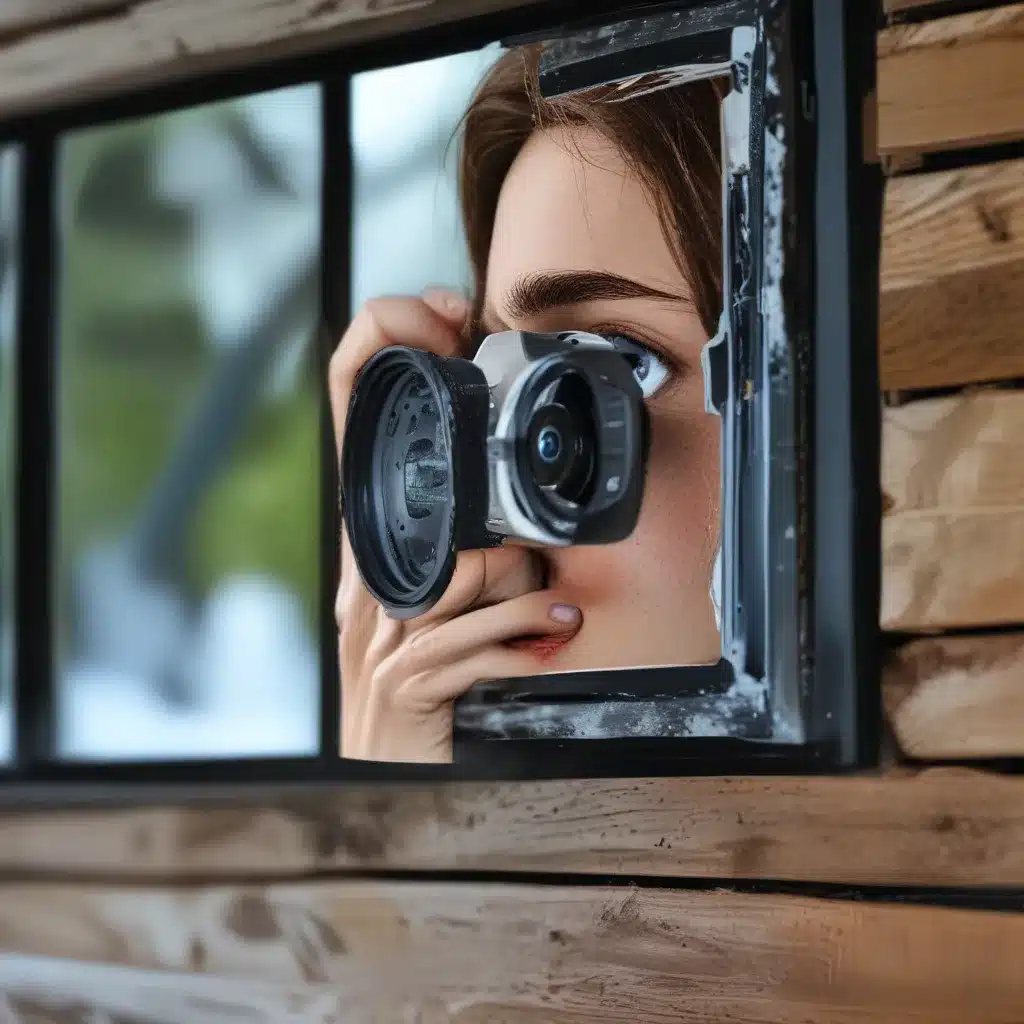
Fix Camera Problems in Windows
Have you ever been in the middle of a video call or trying to snap a quick selfie, only to be greeted by a black screen or an error message? Well, my friend, you’re not alone. Camera issues in Windows can be a real pain, but fear not – I’m here to help you get that pesky camera back up and running!
Troubleshoot with the Trusty Get Help App
The first step in your camera-fixing journey is to turn to the ever-reliable Get Help app. This handy little tool is like your personal tech genie, automatically running diagnostics and taking the necessary steps to resolve most camera woes. Simply open the Get Help app, and let it work its magic. If it’s able to fix the issue, you can high-five your computer and move on with your day.
Check for Updates and Restart
But what if the Get Help app can’t solve the problem? No need to panic! The next logical step is to make sure your Windows is up-to-date. Head to the Settings app, navigate to Windows Update, and check if there are any updates available for your camera. If so, let them install and then restart your device. Sometimes, a simple restart can be the key to resurrecting your camera’s functionality.
Adjust Those Privacy Settings
Now, if your camera is still being stubborn, it might be time to take a look at your privacy settings. In the latest versions of Windows, some apps may not have default access to the camera, so you’ll need to give them the green light. Navigate to the Settings app, then to Privacy & Security, and make sure “Camera access” is turned on for your device. While you’re there, check that the specific app you’re trying to use also has camera access enabled.
Dive into Device Manager
If the privacy settings aren’t the culprit, it’s time to get a little technical. Open the trusty Device Manager (you can find it by searching for it in the Start menu), and locate your camera under the “Cameras” or “Imaging devices” section. If you can’t find it, try selecting “Scan for hardware changes” from the Action menu. This should prompt Windows to detect and reinstall any missing drivers.
Roll Back or Uninstall Drivers
Still no luck? Alright, let’s get a little more hands-on. In the Device Manager, right-click on your camera and select “Properties.” Head to the “Driver” tab, and see if you have the option to “Roll Back Driver.” This can be a game-changer if your camera stopped working after a recent Windows update. If that’s not an option, try uninstalling the device and letting Windows reinstall the drivers.
Switch to the In-Box UVC Driver
If none of the above steps have worked, there’s one more trick up my sleeve. Many USB webcams are compatible with the standard USB Video Class (UVC) driver that comes built-in with Windows. Try switching to this driver by following the steps in the Device Manager. Just be aware that this might cause you to lose some of the camera’s advanced features, but at least you’ll have a working camera!
Keep Calm and Troubleshoot On
I know, I know – camera problems can be frustrating, but don’t give up! With a little patience and a lot of trial and error, you’ll have that camera up and running in no time. And remember, if you ever get stuck, the Microsoft Community forums are always there to lend a helping hand.
So, the next time you find yourself staring at a lifeless camera, don’t panic – just think back to the tips I’ve shared, and you’ll be capturing memories like a pro in no time. Happy troubleshooting, my fellow Windows enthusiasts!
ITFix is a leading computer repair service in the UK, specializing in all things Windows. From fixing camera issues to optimizing your device’s performance, our team of experts is here to help you get the most out of your technology.












